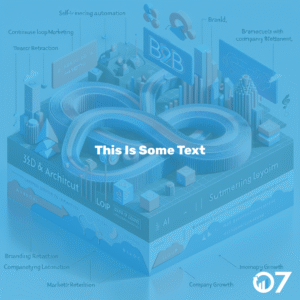Website development is the process of creating and building a website, from the initial planning stages to the final deployment. This includes several different stages such as planning, where the goals and objectives of the website are determined, researching the target audience, and creating a site map and wireframes.
The design stage, where the visual layout, colour scheme, typography, images, and other visual elements are created. Then, the development stage, where the website is coded using programming languages such as HTML, CSS, and JavaScript, and functionality is added. This stage is where the website is actually built. Testing stage is to ensure that the website is working correctly and that there are no bugs or errors.
The final stage is Deployment, where the website is made live and accessible to the public. Website development is a crucial step in creating a website as it ensures that the website is functional, secure, and provides a great user experience. It is done by web developers and designers.
- User experience: The website should be easy to navigate, with a clear layout and intuitive design.
- Responsive design: The website should be optimised for various screen sizes and devices, including desktop, tablet, and mobile.
- Fast loading speed: The website should load quickly, even on slow internet connections.
- Search engine optimisation: The website should be optimised for search engines, making it easy for users to find it through organic search.
- Security: The website should be secure, with measures in place to protect against hacking and data breaches.
- Accessibility: The website should be accessible to users with disabilities, and should comply with web accessibility guidelines.
- Cross-browser compatibility: The website should be compatible with different web browsers, including Chrome, Firefox, Safari, and Internet Explorer.
- Content management system: The website should be built on a content management system (CMS) that allows for easy updates and management.
- Scalability: The website should be able to handle a high volume of traffic and be easily scalable as the business grows.
- Regular updates: The website should be updated regularly to ensure that it remains functional and secure.
Overall, good website development is about creating a website that is easy to use, fast, and secure, with a focus on delivering a great user experience.
For further insights and guidance, we invite you to explore our blog at 07hm.co.uk/blog. Here, you’ll find a wealth of information tailored to the needs and challenges of SMEs navigating the digital landscape. Additionally, if you have specific questions or need personalised advice, don’t hesitate to reach out to us via email at info@07hm.co.uk or telephone on 01702 410663.






